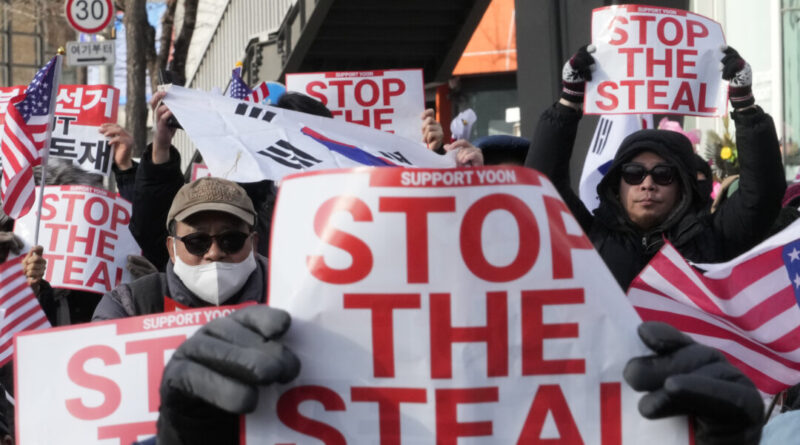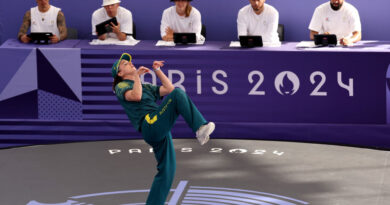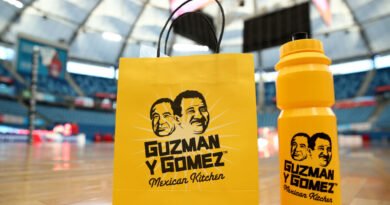Impeached President in South Korea Faces New Warrant for Detention
The chief prosecutor of the anti-corruption agency, Oh Dong-woon, chose not to disclose the expiration date of the new warrant.
The Corruption Investigation Office for High-Ranking Officials (CIO) is investigating an alleged offense of rebellion and seeks to question Yoon about his implementation of martial law on Dec. 3, a decision he ultimately reversed six hours later.
Investigators reportedly encountered resistance from the PSS inside Yoon’s residence on Jan. 3 after bypassing a military barricade.
Approximately 150 agency investigators and police officers attempted to detain Yoon in Seoul but abandoned the effort after a five-hour standoff with his guards.
The initial detention warrant expired on Jan. 6 after Yoon failed to comply with three summonses for questioning issued by Seoul Western District Court.
Chief prosecutor Oh Dong-woon of the CIO declined to specify the expiration date of the new warrant, citing sensitivity around the topic.
In South Korea, detention warrants typically last seven days but can be extended to around 10 days, meaning the CIO must act swiftly to apprehend Yoon, who remains under the protection of the PSS.
PSS members were observed installing barbed wire around the presidential compound over the weekend.
Yoon’s legal team lodged complaints against Oh and six other CIO officials and senior police officers for what they allege was an illegal attempt to detain him. They also filed complaints against the acting national police chief, the acting defense minister, and two Seoul police officials for disregarding the PSS’s request for additional forces to block the detention attempt.
If Yoon is detained by the CIO, they can only hold him for 48 hours unless they seek a custody extension from the court.
During a hearing in South Korea’s National Assembly on Tuesday, Oh criticized acting president Choi Sang-mok for instructing police to strengthen security before the detention attempt on Friday.
Police reportedly refused Choi’s instruction, with Oh claiming it amounted to an obstruction of official duty.
Yoon’s presidential powers were suspended on Dec. 14 after the National Assembly, dominated by the liberal opposition Democratic Party (DP), voted to impeach him.
Yoon, a former public prosecutor, was elected president in 2022 on the conservative People Power Party (PPP) ticket.
Although Yoon has immunity from criminal prosecution as president, it does not apply to charges of rebellion or treason.
On Dec. 3, 2024, troops and police were deployed to the National Assembly, but lawmakers rejected Yoon’s martial law decree, leading him to retract the decision.
The Constitutional Court is currently deliberating on whether to formally remove Yoon from office.
Supporters of Yoon are staging a sit-in protest near his official residence in Seoul.

A TV screen shows a file image of South Korean President Yoon Suk Yeol as supporters stage a rally to oppose his impeachment, near the presidential residence in Seoul, South Korea, on, Jan. 7, 2025. Ahn Young-joon/AP
Seok Dong-hyeon, a lawyer advising Yoon, sent a copy of the letter to Reuters.
The Associated Press contributed to this report.





